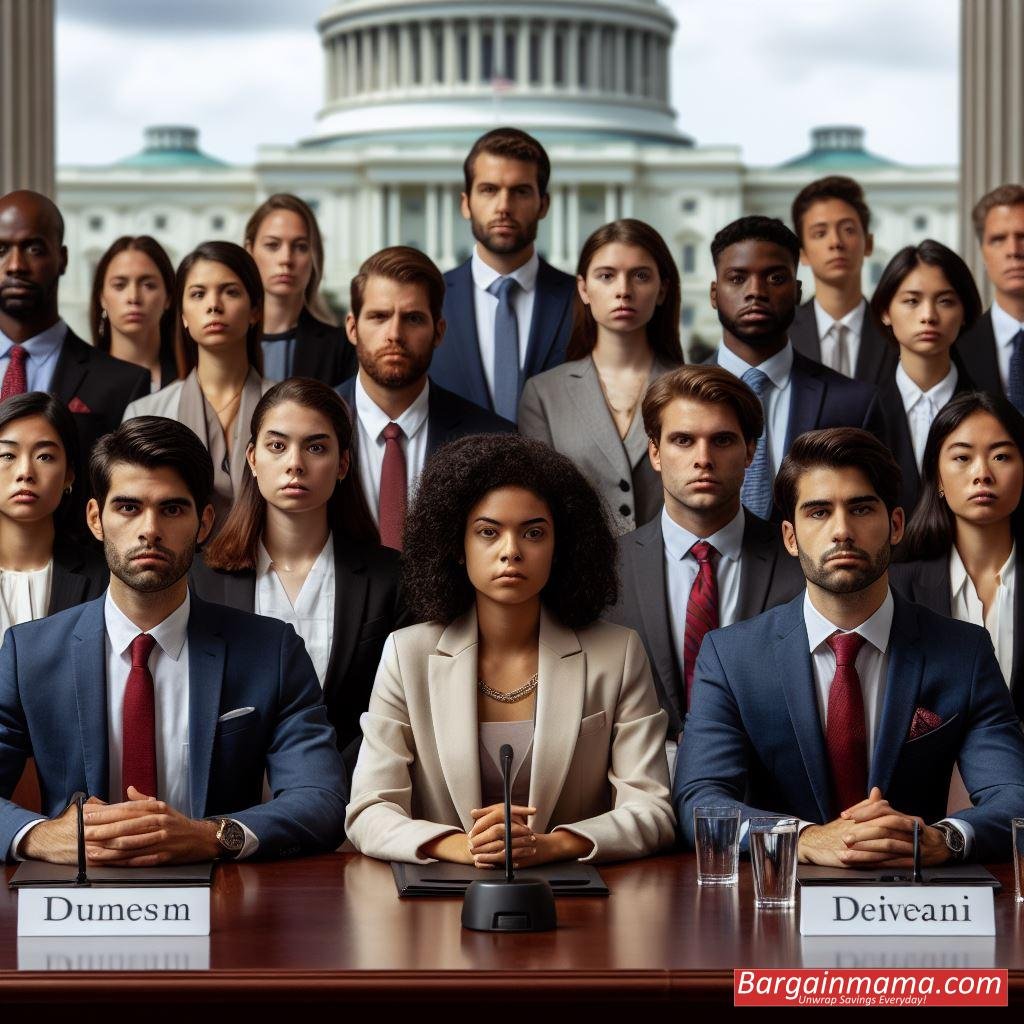A startling increase in threats and abuse directed towards public officials has been revealed by a series of nationwide polls carried out in October 2023 and in-depth interviews with over 1,700 state and local officeholders from all 50 states. Every level of government’s ability to maintain representative democracy is seriously threatened by this tsunami of intimidation.

Principal Results:
More than 18% of municipal officeholders reported similar circumstances in the recent year and a half, while over 40% of state legislators reported receiving threats or attacks in the previous three years.
Growing In Intensity:
Both the volume and the severity of abuse have increased recently; since joining office, 38% of state legislators have reported experiencing more abuse. Additionally, 29% of respondents noted that the severity of occurrences had increased.
Differences in Demography:
In the workplace, misogyny, racism, religious discrimination, and homophobia were common causes of abuse for women, persons of colour, LGBTQ+ people, and religious minorities.
Gun deregulation and social media as aggravating factors:
Several respondents were unaware of official channels for reporting occurrences or of heightened security measures for their protection, and they cited social media posts gone viral and loose gun laws as aggravating factors.
Principal Implications:
Threat to Democracy: By restricting officials’ capacity to engage with citizens and suppressing their willingness to endorse particular policy stances, the abuse puts representative democracy in jeopardy in addition to putting individual politicians in danger.
Reluctance and Attrition: Due to abuse, over 40% of local officeholders stated they were reluctant to run for reelection or higher office. This was especially true for women, who indicated greater rates of possible attrition.
Effect on Policy and Communication: According to officeholders, there is a decreased willingness to engage on contentious matters; state lawmakers, for example, believe that abuse discourages colleagues from engaging on such problems (53%). About half said that they were reluctant to use social media because of abuse.

Principal Suggestions:
Condemnation and Support: Public leaders’ safety should be promoted, and powerful individuals are pushed to denounce abuse.
Training and Intervention: Officeholders should get training from state and local governments on how to stop hate-based violence, including bystander intervention strategies.
Mental Health Support: Employees and office holders should have access to mental health services and be encouraged to use them.
Security Measures: Governments should train officials, keep an eye on potential threats, systematise security procedures, and supply physical security equipment.
Gun Control:States ought to control the open and hidden carrying of firearms in areas where public officials interact with the public, as well as allow limits at town hall meetings and political rallies.
changed Policies: To address the substantial harm caused by online misuse, campaign financing regulations, speech laws, and privacy policies should be changed in both legislation and online platforms.
To sum up, immediate action is required to stop the pervasive abuse that state and municipal officials endure, protect the democratic process, and enable a wide spectrum of people to engage without fear of coercion.




